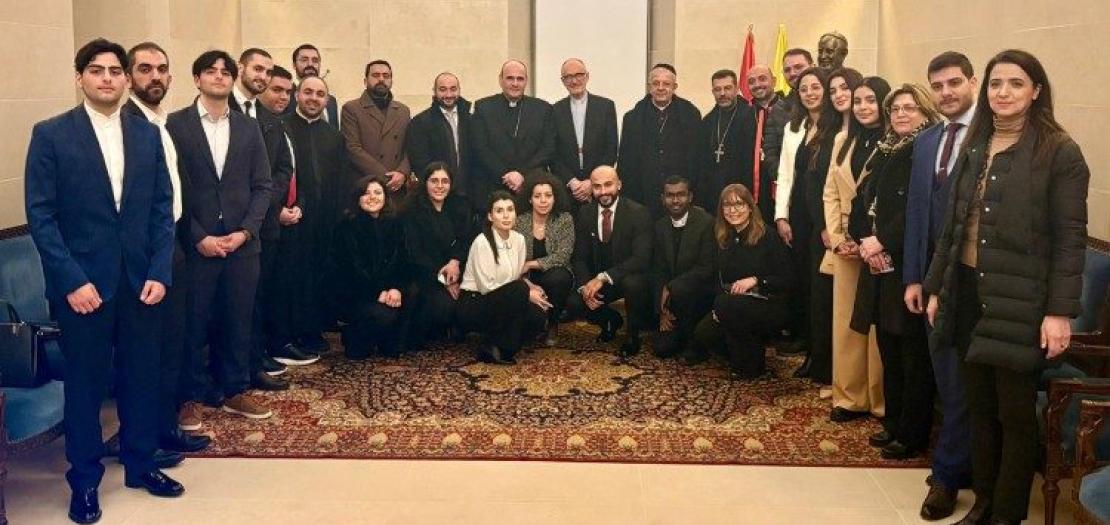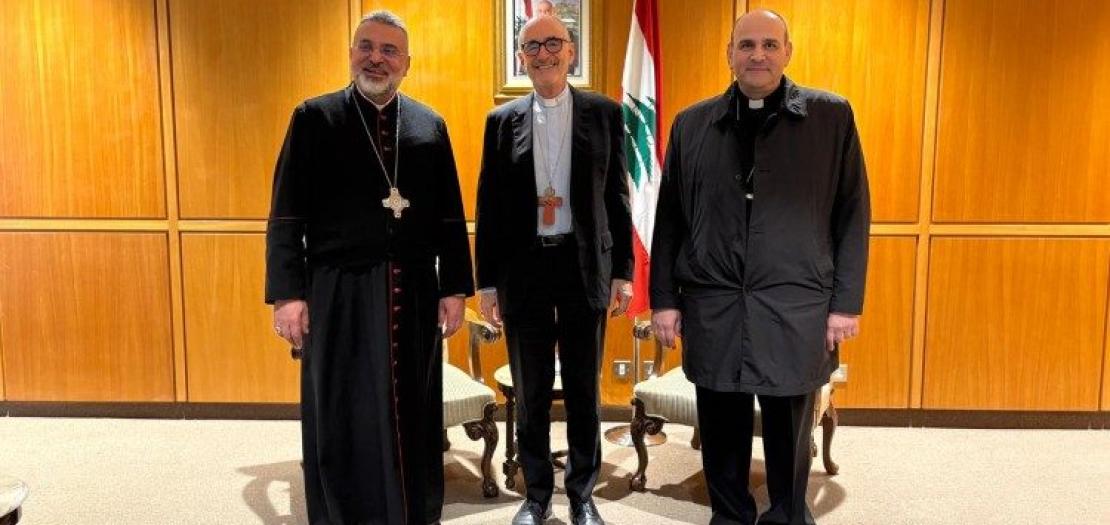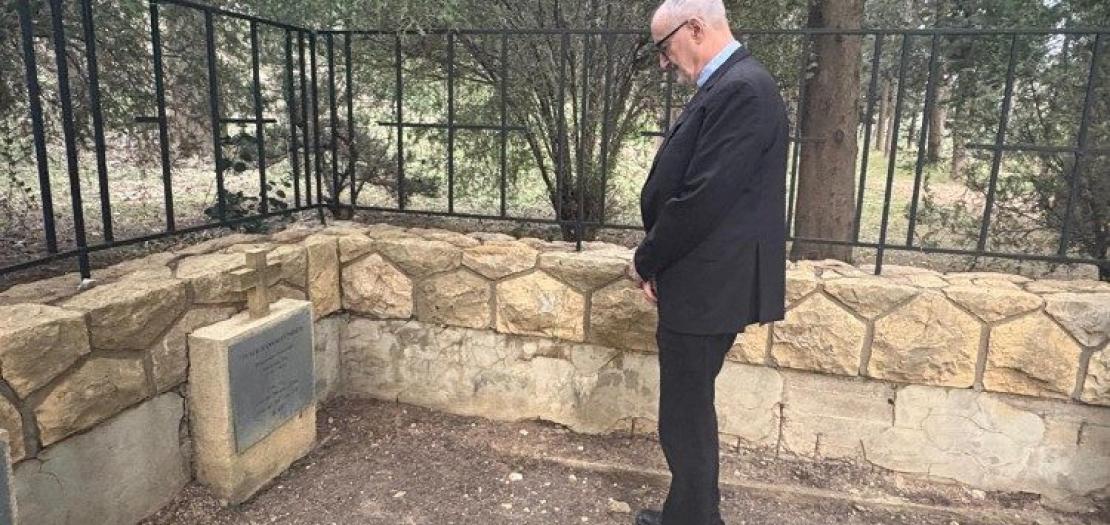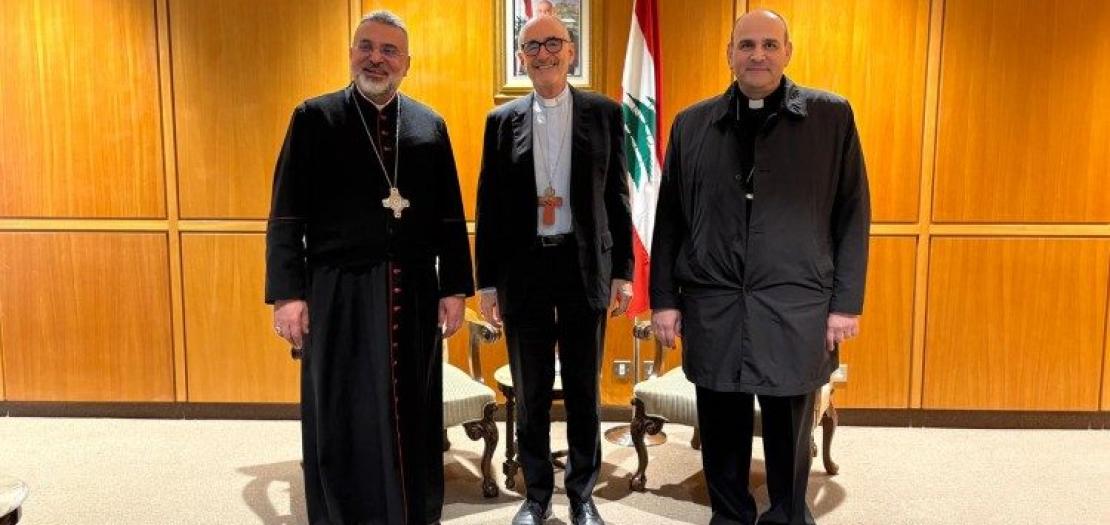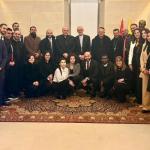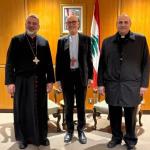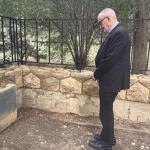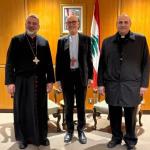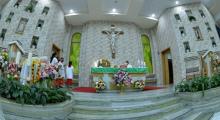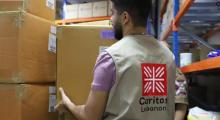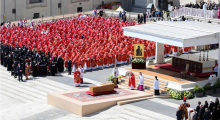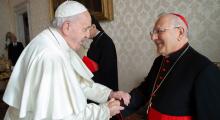Issued by the Catholic Center for Studies and Media - Jordan. Editor-in-chief Fr. Rif'at Bader - موقع أبونا abouna.org
“The erosion of Christian communities would be a tragic loss not only for Syria but also for the stability of the region and the world.”
This President of the Commission of the Bishops’ Conferences of the European Union (COMECE), Bishop Mariano Crociata, expressed this in a statement on the situation in Syria.
Bishop Crociata’s declaration was written in response to a letter of the Syrian Catholic Archbishop of Homs, Archbishop Youlian Jacques Mourad.
“I express,” Bishop Crociata begins, “my deep concern for the ongoing humanitarian crisis in Syria after more than a decade of conflict, violence and suffering and, aware of the current uncertainties.” He then goes on to express his “hope for the future of its people in this new chapter of the country,” saying he raises his prayers for this intention.
Unimaginable hardships
The COMECE President went on to observe that the people of Syria, regardless of their religious or ethnic background, have faced “unimaginable hardships,” including displacement, poverty and the destruction of their homes, livelihoods and communities.
“In particular,” he highlighted, “I wish to draw attention to the plight of Christian communities in Syria, which have been an integral and essential part of the history and culture of the region for centuries and are now struggling to maintain their historical continuity in their homeland.”
COMECE, he appealed, urges the EU and the international community to recognise the vulnerability of Syria's Christian communities.
Guaranteeing basic needs
Moreover, COMECE called on them “to take concrete steps to ensure their protection, preservation and flourishing,” in a way that “prioritizes the needs of the Syrian people, especially the most vulnerable, including women, children, the elderly, persons with disabilities and religious minorities.”
This responsibility, Bishop Crociata underscored, goes beyond immediate humanitarian assistance and includes long-term strategies for peacebuilding, reconstruction and reconciliation.
“COMECE therefore,” he continued, “calls on the EU and its Member States to provide sustained and adequate funding to trusted partners to ensure that basic needs such as food, shelter, healthcare, including trauma healing, and education are met for all Syrians.
Protecting rights of minority communities
The Bishops also called for creating a framework that allows the private sector to operate in the country with appropriate safeguards and guarantees.
In this regard, Bishop Crociata added that COMECE "welcomes the EU's decision to gradually ease its sanctions on Syria, which will have a positive impact on the wellbeing of the Syrian people."
As Bishops of the European Union, he said, they encourage the EU and its Member States to work to protect the rights of minority communities in Syria, "to ensure that they are included in the constitutional process and reconstruction efforts, and that they are recognised and treated as equal citizens.”
In addition, COMECE called on the EU and its Member States to support initiatives that promote dialogue, reconciliation and healing among Syria's diverse communities.
“At a time when there is a risk of retaliation against those perceived to have supported the former regime," the EU Bishops warned, "it is necessary to avoid revenge and to create a legal framework that applies transitional justice in a fair and inclusive manner.”
Reassuring the Church’s support
“The Church,” Bishop Crociata reassured, “will continue to welcome and support Syrian refugees and displaced persons, particularly those fleeing persecution, and ensure that they are treated with dignity and respect.”
Finally, he said the EU and its Member States must also work to create conditions that allow for the safe and voluntary return of refugees and their families to their homes.
“As Bishops of the European Union,” COMECE's leader noted, “we stand in solidarity with our brothers and sisters in Syria, especially the Christian communities who have borne witness to their faith in Our Lord in the face of immense adversity.”
Finally, the Bishops conclude their letter with a call for prayers for peace in Syria, and "to work tirelessly" for a future where all Syrians can live in freedom, security, and hope. “May the intercession of the Blessed Virgin Mary, the Mother of Mercy,” they prayed, “guide us in our mission to be instruments of God’s peace.”


